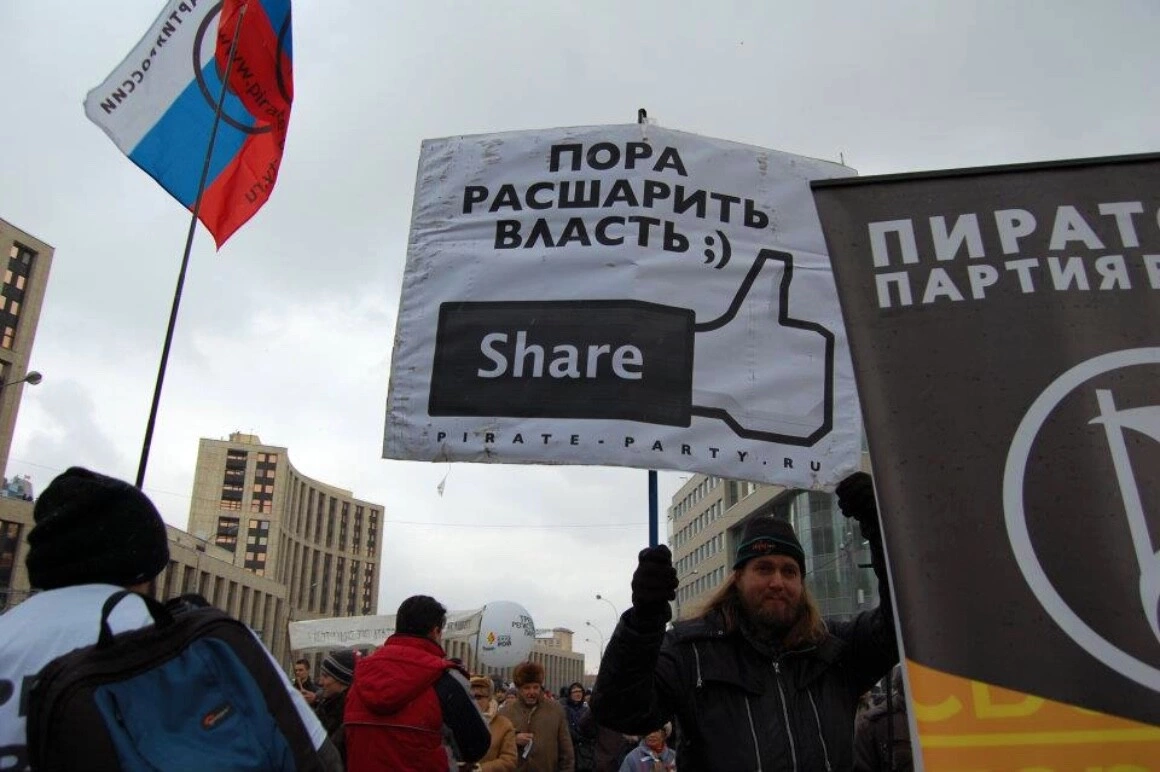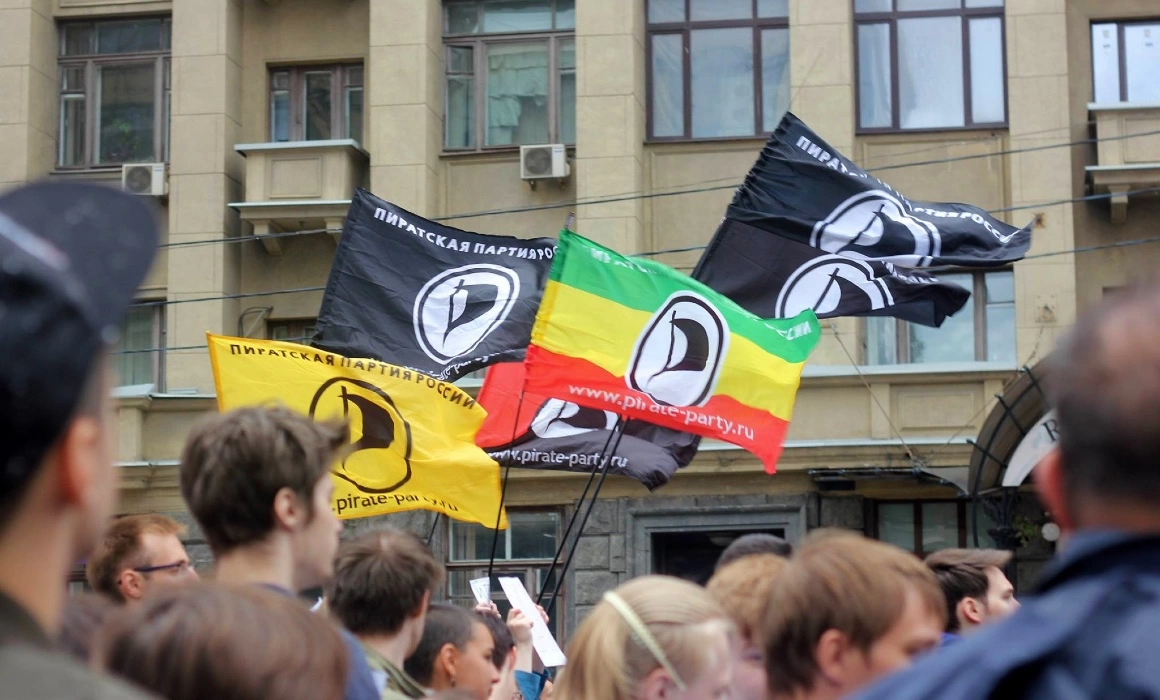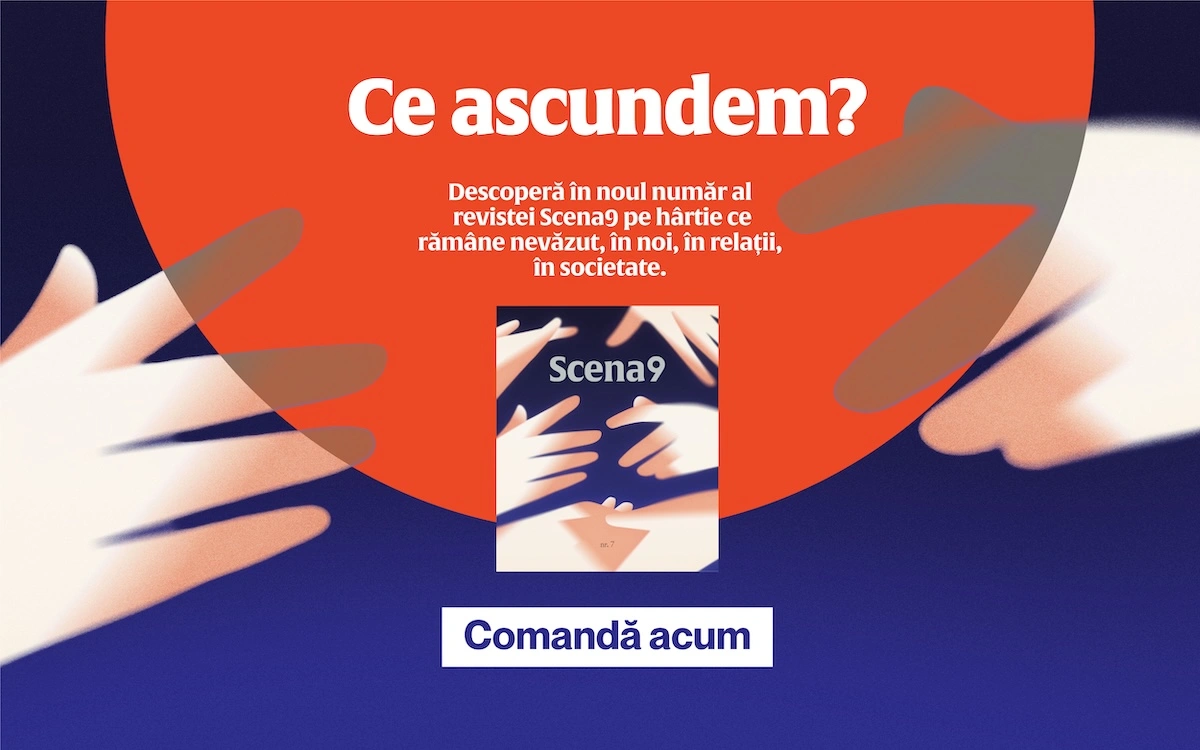On Friday, February 25, as news outlets all over the world reported the escalation of Russia’s aggressions in Ukraine and Ukrainian war refugees were pouring in through most border crossing points in northern Romania, I first saw anti-Russian hatred rear its ugly head on social media. One talking point was Slovenian philosopher Slavoj Žižek’s call to “castrate” Russia, by effectively demanding the marginalization of an entire people:
“[W]e should recommend that the international community carries out a castrative operation on Russia — ignoring and marginalizing them as much as possible, making it sure that afterwards, nothing else will grow of their global authority.”
Žižek is a public intellectual who thrives on controversy and that’s apparent in the way he cushions his more inflammatory statements in elaborate argumentation. Some of those who echo his statements, however, lack such rhetorical skills. It was jarring to see my conationals helping out Ukrainians, at the same time as some of them indiscriminately bashed all Russians for being oppressors, tyrants, invaders, brutes, and generally the living, breathing representation of the rapish Slav stereotype (which Žižek also employs against Putin in the essay cited above).
While anti-Putin sentiments are more valid now than possibly at any other time in history, it’s also becoming apparent that they are shared by more and more of the very people he rules over. During the past few days, Telegram and TikTok have been brimming with images of Russian anti-war protesters arrested as they took to the streets. Russian artists, academics, and activists openly spoke out against their leader and his actions.
I wanted to talk to one of these dissenting Russians, in hopes of dismantling a discourse that harkens back to my own grandmother’s memories of World War II. To quote her from memory, the ‘liberating’ Russian soldiers were thieving oafs, in stark contrast with the cultured and mannered Nazi troops.
Opportunity presented itself in the form of a Facebook post from Alexander Isavnin–a Moscow-based activist for a free internet. I met Isavnin (45) in 2018 in Northern Macedonia, at The Second Regional Internet Freedom Summit, organized by the American Bar Association Rule of Law Initiative. He was, and continues to be a member of the Russian Pirate Party–and if his most recent social media photos are anything to go by, he (still) looks something like the folktale version of a pirate. Tall, bearded, and longhaired, his profile picture has him staring down helmeted police, while carrying an infant on his shoulders.

Isavnin very quickly responded to my request for comment, so we spoke over Signal, possibly the safest end-to-end encrypted app on the Internet. He agreed to going completely on the record, with a fearlessness I had hoped for, but didn’t fully expect. We talked Putin, the war, anti-Russian sentiments, and the internet. Here’s that conversation, edited for length and clarity, and also updated to reflect war developments that have occurred in the days since.
Scena9: What’s the atmosphere in Moscow right now [February 25, less than two days after the beginning of the invasion], regarding the war?
Alexander Isavnin: In Moscow, it can be called a normal day, with the exception of a few protests and protesters being detained. I especially want to mention that in Russian propaganda this is not being presented as war. In Russian official media, Mr. Putin and the Minister of Foreign Affairs always call it a "special military operation." It's not the usual anti-terrorist agenda. This time, it’s exactly against Nazis. But there are no kind of wartime measures taken here, like Zelensky declared in Ukraine. In Russia, they pretend that there's no war at all.
How does the control over the internet in Russia work? What are the mechanisms?
I can give you a lecture for five or even 10 hours. Let me just say that they have been building the system for about 10 years already. They can apply real pressure, not just on activists, but also on the media. Media have to self-censor themselves, if they want to continue acting as official media.
Now, for example, during the current war, only one order has been issued by Roskomnadzor [the Russian federal agency that effectively monitors, controls and censors the media]. It said that media may only quote official sources when talking about this military action. They issued such an order when COVID started. On the topic of COVID 19, official media can quote only official sources. They are using a kind of anti-“fake news” legislation. They used it successfully against spreading anti-COVID-19 information. The exact same working order and measures will be employed now, for fighting information about the “military operation”. In short, if the media do not uphold this order, they can be blocked. I will not tell you all those hours about how that will be technically realized and how that's already been put into legislation. But that's exactly how it's been used before, and it will lead to the self-censorship of official media.
Are Russian authorities also looking at banning Telegram again?
I don't think they will repeat the mistake of banning Telegram, because Telegram has been shaming them for years. But now they have this mechanism which is called 'landing'. Just at the beginning of this year, they passed legislation which mandates huge social networks to be 'landed'. So, [for them to] open office[s in Russia], get orders, and have physical stuff in the country. And a lot of platforms, like Apple, Facebook–they've already started opening offices. If they do, they must comply with the full set of regulations, which has been put in place in Russia for 10 years now. They will force these huge platforms to remove information, which is considered undesirable in Russia. I hope they find ways not to comply.
How can we stay safe and informed on the internet during this conflict?
The internet is the flow of information. It's really hard to stop. So even those measures I told you about, they are mostly about official media or some forms of companies who had previously registered with Roskomnadzor. They would have to shut down the internet completely - and not just the internet. The phone lines, too, as they did in Kazakhstan. They would have to shut down all forms of telecommunication to stop spreading information.
As I said, because there is no war situation here in Russia - not even a disastrous situation, or an emergency situation -, there is no formal reason to stop communications. But I think, should things go wrong in Ukraine with Putin's military operations, we will definitely see the installation of censorship and internet shutdowns in Russia. Stopping the media and the free flow of information would also be an indicator that things are going wrong in Ukraine.
Editor's Note: Shortly after we concluded our conversation, Roskomnadzor issued a statement which said that Facebook was found guilty of “violating the rights and freedoms of Russian citizens”. This was because it had fact-checked Russian state-owned media. At press date, Facebook is partly banned in Russia. At the same time, most online tech giants, including Meta, TikTok, and Apple are imposing clampdowns on state-controlled websites from Russia in Europe, as well as withdrawing access in Russia to their products and services.
How risky is it for you and other people who oppose this war to talk to a journalist?
This is a difficult question, because I’ve been saying things that are a bit risky for a long time. So I don't feel that for me, personally, it's more risky than usual. But, unlike opposition politicians such as myself, some artists and telecasters who are usually pro-Putin (or neutral) have already stated that they do not like the war. And that might be dangerous for them, because they're very famous. Ivan Urgant, who has an evening program, like Jimmy Kimmel’s American talk show, said yesterday that he's against the war. Now his programs have been removed from the schedule of official media, of Channel One TV. So, I think that direct disagreement with Putin’s current actions will lead to repression for people. It will be light repression, like it's been happening recently. But I think because many more people are now disagreeing with Putin, the spread of such, even light, versions of repressions will get bigger.
What’s it like to live in a country whose official politics you don't agree with?
It's a shame. All the people whom I'm talking and working with, we all feel real, real shame for what's going on. Unfortunately, we cannot change anything because, well, we were too lazy to be active politicians 20 years ago. On my Facebook, you will see that I am a member of the Russian Pirate Party. It is not legally registered, so we are not allowed to join politics officially. We’ve already issued a statement on this. The statement has been referenced by the European Pirate Parties and Pirate Parties International in our support.
Official media has been saying that Putin is fighting Nazis, so, in the Pirate Party statement we used another anti-Nazi statement, made by the Prime Minister of the Soviet Union on the day that Hitler attacked [“Our cause is just, the enemy will be defeated, victory will be ours!”, changed by the Russian Pirates into “Our cause is right. The enemy sits in offices and palaces. Victory will be ours!”]. We are trying to use anti-Nazi language and references to the Second World War against the official position, who is now saying that they have been fighting Nazis since that time.
The only thing we can do is say that we do not agree and say it somehow publicly. Luckily for us, we are not exactly Navalny, so we are not Mr. Putin's number one enemy. (Laughs.) So we can still say this, because they do not consider us a danger.
Why not just leave if you don't agree?
It's not as easy to leave. For you, in Romania, if you don't like your government, you can stand up and easily move to some other country.
I'm 45 years old. I have family, I have children. If I was 20 years old, maybe I would just move. But for us, the majority who are still here, it's really difficult to start moving. We can move to Europe as refugees. But you already have issues in Europe with refugees from the Middle East. And because I'm 45, no Western company would even read my CV. Even if I send it, they say, "Why do we need that old guy, when we have a lot of young trainees?"
But what about your children? Do you have hope for them?
I hope they study well and when they graduate school, they are able to enroll successfully in some Western universities.
At the same time, what’s it like to live in a country with whom a lot of people are angry? Some of them are even calling for measures that would punish citizens such as yourself.
It's not comfortable, but again, as an Internet politician, I have good connections. In Ukraine, in all of Europe. And my connections definitely understand that it's not the people of Russia making invasions. Those are Putin's actions. Maybe you noticed that Mr. Biden's speech about this aggression did not mention Russia. He talked about Putin.
In general, Western audiences definitely understand that citizens are not the ones to be held directly and solely responsible. Yes, I know that, for example, that there are trends now in Europe that say "no more Schengen visas for Russians," or call for the annulment of visas. Yes, they can be understood. Since 2014, whenever I visit Ukraine, I might face some kind of personal hatred, but I understand them. During this confrontation that has lasted for eight years already, Russian propaganda has tried to increase hatred against Ukrainians - make it a conflict between nations, not between governments.
I see a real difference in this sense in Europe. In Europe, peoples do not hate other peoples. The Second World War was quite a difficult lesson for everyone there. I think maybe in Eastern Europe, in Romania and Poland, people are not that westernized and shift their hatred against Mr. Putin onto actual, ordinary citizens. But I think you are on the way towards becoming Western European.
As someone in the Russian opposition, did you believe that this war in Ukraine would openly start, or did you believe that Putin would not go that far?
In Russia, for many years - well, for centuries -, we hope for the best, but prepare for the worst. In our hope for the best, we believed that Mr. Putin would do exactly as [UN Secretary-General] António Guterres said–recall the troops and stop the war. But, I had really bad feelings that that would not work, because again, as you may recall from statements by Mr. Putin and Mr. Lavrov, they wanted a short military operation: capturing the “main Nazis” in Ukraine and having a trial against their crimes.
From what I know about the military operation, they sent troops to Kiev, not a huge amount, but plenty enough. They maybe hoped they would be able to capture Zelensky and bring him to trial. But I don't think they will be successful. Ever since the invasion of Crimea, the Ukrainian army has already been prepared - and it’s not just the army. All the people of Ukraine are very prepared for a real war.
So I do not think that Mr Putin will be successful in his intentions in Ukraine, and that could really, really become a full scale war. I think people in Russia hope that everything will end shortly, that maybe Putin will fail in capturing Zelensky and will recall the Russian army from Ukraine. With some exceptions: I think Putin will keep a close eye on Crimea, Donetsk, Kerson and Kakhovka (water sources for Crimea from the Dnieper River). But they will still be calling this a military operation or a special operation, when it is definitely war. If not full scale war, then definitely guerrilla war.
In a way, I think that Russians who oppose Putin were looking at Ukraine as a sort of hope: “If Ukraine can stand up to Putin, then so can we.” How do you feel about that?
This mood existed within the Russian opposition a few years ago, especially during Maidan and after the free presidential elections. So, yes, we did hope that Ukraine would be a good example, not just for the opposition, but for all Russian citizens. But as we saw, not just from official Russian propaganda, a lot of oligarchs were acting in Ukraine. And people saw that even with democratic elections, some things in Ukraine kept going the exact same way they go in Russia. Maybe the example of Ukraine is not popular right now, but it's still good. Yes, they had connections to oligarchs, but at least they could change their president.
Thank you. Is there anything you would like to add?
I hope you will tell your readers and the citizens of Romania that actually not every Russian citizen supports war and wants to capture Europe. Some, usually very young people in the opposition, think that one day we will be able to act like the Romanian people, when they got rid of the Ceaușescu regime. So, in a way, you are also an example for us.




